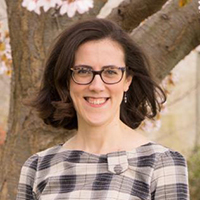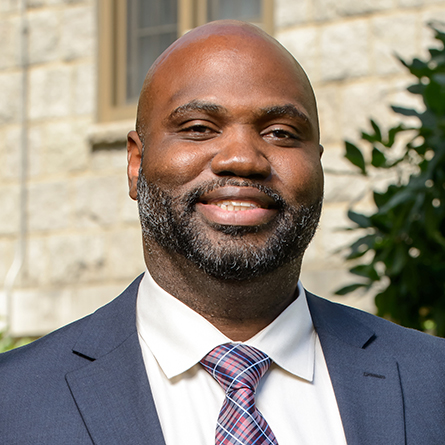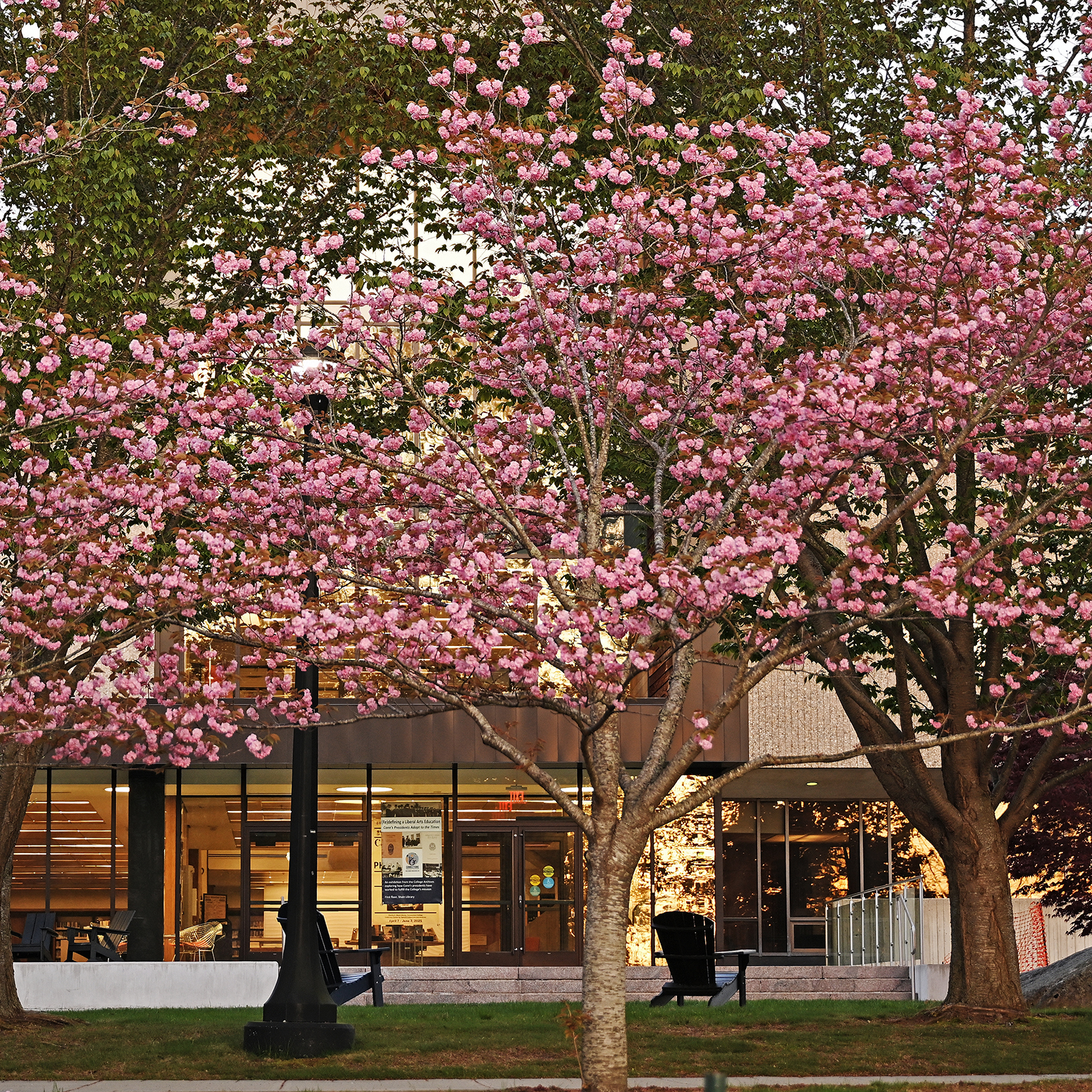
The Day asks History Professor David Canton: Is this a watershed moment?
As protests continue nationwide in the aftermath of the killing of George Floyd by Minneapolis police, New London’s The Day newspaper reached out to five local historians, including Associate Professor of History David Canton, to shed light on the moment in the context of U.S. history.
Canton, who directs the College’s Africana Studies Program, specializes in 20th century American social history, the Civil Rights Movement and urban history. He told The Day that he is seeing what he refers to as "'Groundhog Day' of police brutality," but pointed out several differences between today’s protests, which are happening in the downtown areas of many cities and towns, and the demonstrations of the 1960s, which took place primarily in black neighborhoods and shopping districts.
Canton also noted that the current protests are interracial, and that past protests were more systematic.
“There was training; it was organized; it was a complex system governed by black institutions—churches, black colleges, social organizations,” Canton said.
To enact real policy and systemic change will require “doing something that's inconvenient,” Canton told The Day.
The “difference between the moment and the movement” is sacrifice, he said, noting that for members of the Student Non-Violent Coordinating Committee in the 1960s,“that was your job 365, not just the reaction but being proactive about Jim Crow racism.” Read the article.
Canton was also quoted in a San Francisco Chronicle column, “George Floyd case another teachable moment on race, but in Bay Area and elsewhere, few lessons learned,” by columnist Otis R. Taylor Jr. In the piece, Canton spoke about the need for school instruction on racism.
“You need to develop a critical, nuanced way of seeing society,” he said. “There should be some level—and not just cultural competency where you know about Kwanzaa—but a systemic understanding of racism and systems of inequality.”

